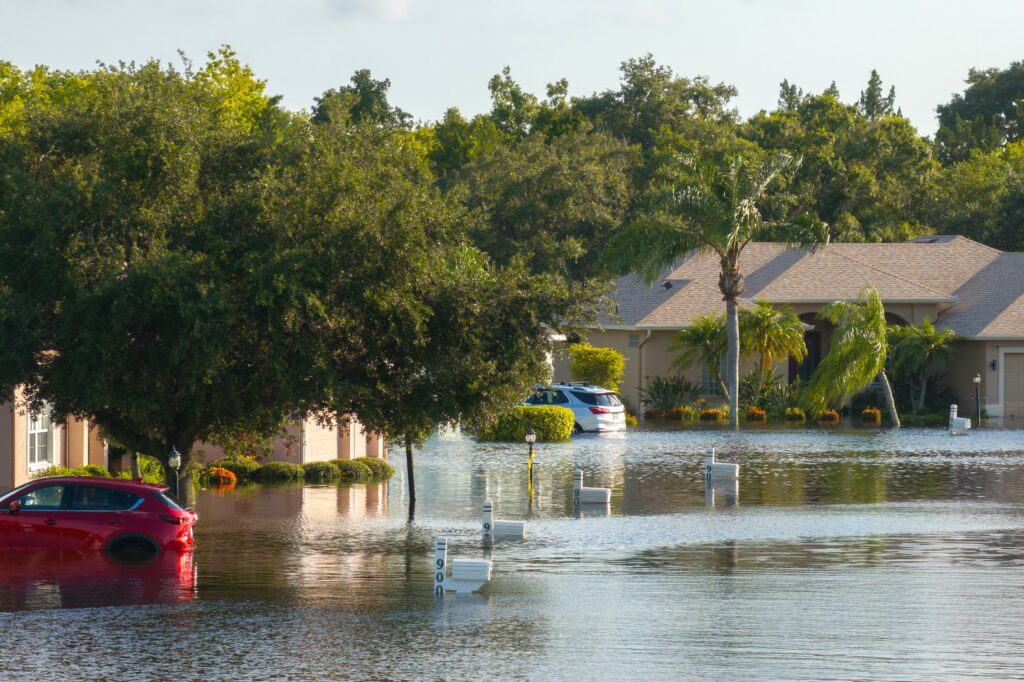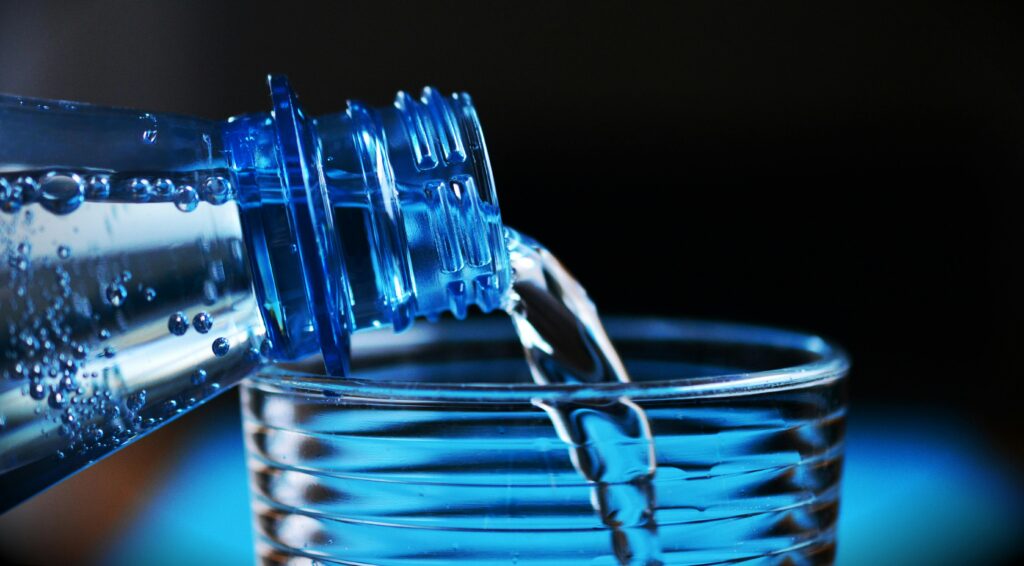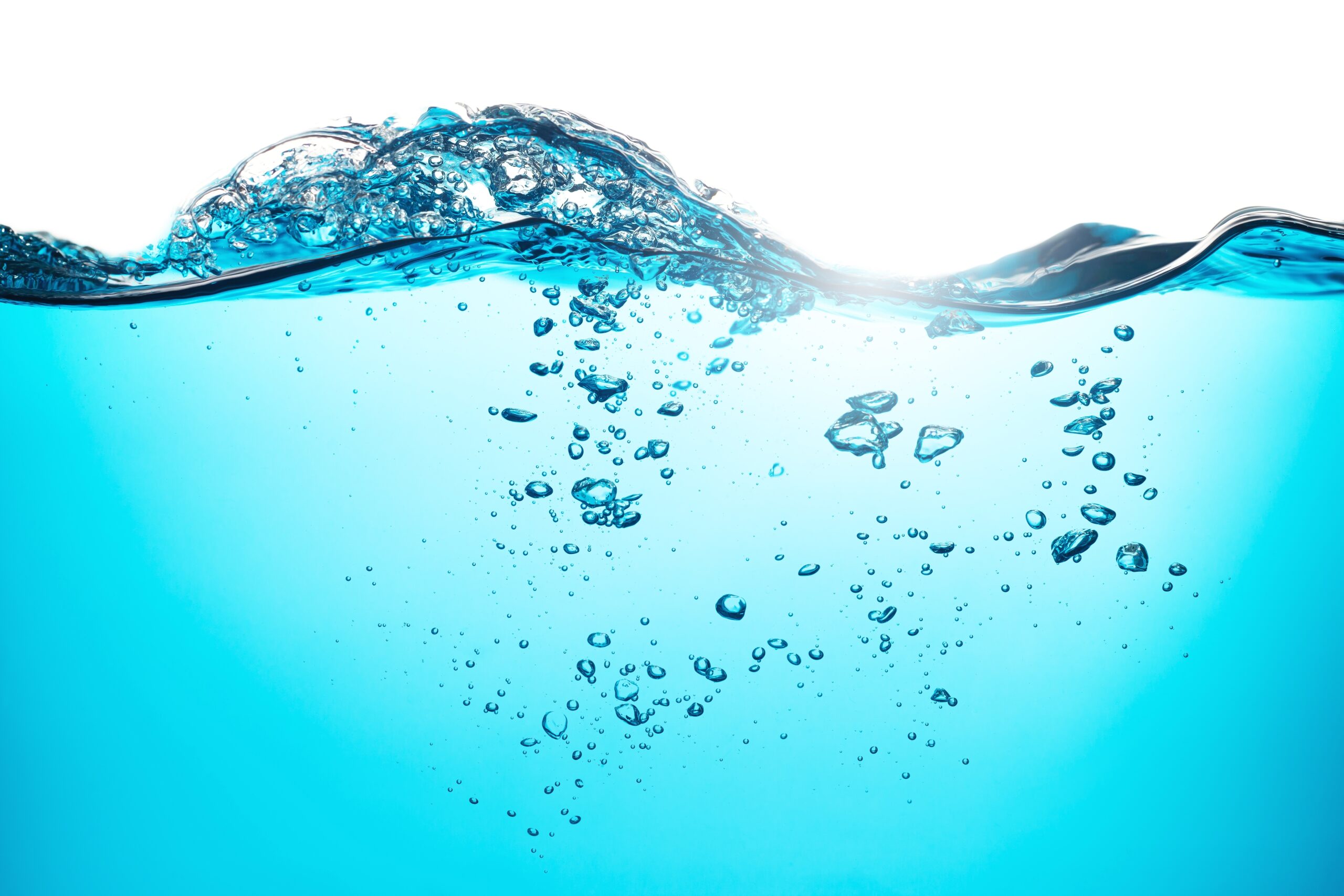At some point, it happens to everyone. You are doing some physical activity, sweating, and breathing, and realize that the only thing that can quench your thirst is water. But why water? Why is water the only thing that can quench thirst? Water is the answer because, for some reason, this colorless, odorless, and tasteless drink is the only thing that it requires by the body for survival.
In fact, every living organism on the planet requires some type of water intake to survive. The most abundant compound on Earth, it covers roughly 71% of the planet’s surface and is considered the most vital compound for life.
WATER IS LIFE
Yes, your body needs water to survive. Water is essential for many of the body’s functions, including:
- Temperature regulation: Water helps regulate body temperature through perspiration.
- Lubrication: Water lubricates joints and makes up saliva.
- Waste removal: Water helps remove waste through urination, perspiration, and bowel movements.
- Nutrient delivery: Water helps bring nutrients to cells.
- Organ protection: Water protects sensitive tissues and organs.
- Constipation relief: Water helps prevent and relieve constipation by moving food through the intestines.
Water makes up about 50% to 70% of your body weight. The body has no way to store water, so it needs a fresh supply every day.
The number of fluids a person needs depends on a number of factors, including age, gender, and activity level:
- Women: Women should drink about two liters (8 cups) of fluids a day.
- Men: Men should drink about 2.6 liters (10 cups) of fluids a day.
- Pregnant or breastfeeding people: Pregnant or breastfeeding people need more fluids than usual.
- Hot days: You will need to drink more fluids if you are outside on a hot day or doing something that makes you sweat a lot.
- Illness: You will need to drink more fluids if you have an illness that causes you to throw up, have diarrhea, or run a fever.
Dehydration can be life-threatening, especially to babies, children, and the elderly. Consuming the right amount of water daily is essential to good overall health.
When scientists look for life on other planets, they often look for water first. Because water is so vital to life on Earth, they assume that if there is life, there must also be water. Thousands of planets outside of our solar system have been confirmed, and our galaxy may have trillions. Scientists are looking for exoplanets in the “habitable zone” where the surface temperature could support liquid water.
A new “super-Earth” has been discovered in a nearby solar system’s habitable zone, according to NASA. The planet, designated as TOI-715 b, is “about one and a half times as wide as Earth” and in a system that is only a measly 137 light-years from Earth. They concluded that water must be present for it to mimic Earth.
WATER IS ALSO DEATH

Too much of anything can be deadly. There have been reports of people who have consumed too much water. Overhydration due to drinking too much water causes water toxicity, an electrolyte imbalance that can cause symptoms ranging from nausea and headache to unconsciousness and coma. To avoid overhydrating, try to drink no more than about 9–13 cups of fluids per day.
Water can also be deadly if waterborne pathogens exist in it. According to the World Health Organization, around 3.5 million people die each year from waterborne diseases due to inadequate water supply, sanitation, and hygiene. Of those deaths, 2.2 million are children.
In the United States, waterborne pathogens cause an estimated 6,630 deaths each year. Drinking water exposures are responsible for 50% of deaths from waterborne pathogens.
Some of the most common waterborne diseases in the United States include:
- Otitis externa, or “swimmer’s ear”
- Norovirus infection
- Giardiasis
- Cryptosporidiosis
Climate change is increasing the risk of waterborne diseases through extreme weather events, rising air temperatures, and rising water temperatures.
Climate change is also responsible for the increase and intensity of natural disasters. The recent hurricane Helene devastated the lower Eastern United States and killed over 120 people. The hurricane hit Florida at a category 4, but by the time it reached Tennessee, it dropped more than 40tn gallons of rain in 12 hours devastating the area and wiped out entire towns.
With water intrusion into homes and businesses, the only option after a disaster like Helene is to remove any items that were soaked, treat the areas for mold, and work to dry the areas impacted as quickly as possible.
Moisture is deadly for anything that remains wet for a long period of time. With the increase of floods in low-lying areas, Americans may have to consider if living near water is any longer desirable.
With climate change, it is expected that coastal towns will lose billions of dollars. With rising sea levels causing more frequent and severe flooding, it can damage property and infrastructure, and even transform entire communities.
The problem has gotten so bad that insurance companies have pulled out of several states that continue to deal with the conditions of climate change leaving homeowners to rebuild with their own money. It is predicted that some communities may never be rebuilt because of the lack of funding and protection of homeowners insurance.
OUR RELATIONSHIP WITH WATER

Humans have always had a wonderful relationship with water. The sound of running and falling water calms the soul. The feeling pleasure that comes from hearing an afternoon thunderstorm will never get old. Water plays a vital role in the rest and recovery of anyone who needs it.
Warm water in a hot tub can create a feeling of peace and tranquility. The use of a steam room cleanses the body and skin and heals the soul. The feeling that you get when you swim in water allows the mind to relax and recover.
Drinking warm water can stimulate the digestive system, which can help with constipation and make it easier to break down food. Warm water can help relieve a stuffy or runny nose and throat pain caused by a cold. The steam from the water can also help clear nasal passages. Water is simply medicine without the pill.
Cold water is just as effective. Cold water immersion can help prevent and treat muscle soreness after exercise. When immersed in cold water, blood vessels constrict, which reduces blood flow to the area, leading to less swelling and inflammation. Cold water immersion can help improve mood and treat depression. When the body is immersed in cold water, it releases endorphins and dopamine, which can create feelings of alertness and happiness.
Water is an amazing compound. Its ability to create, sustain, and end life is unmatched by any other compound or element on Earth. To understand that is to respect its power and presence. Remember that the next time you drink a glass of water.


